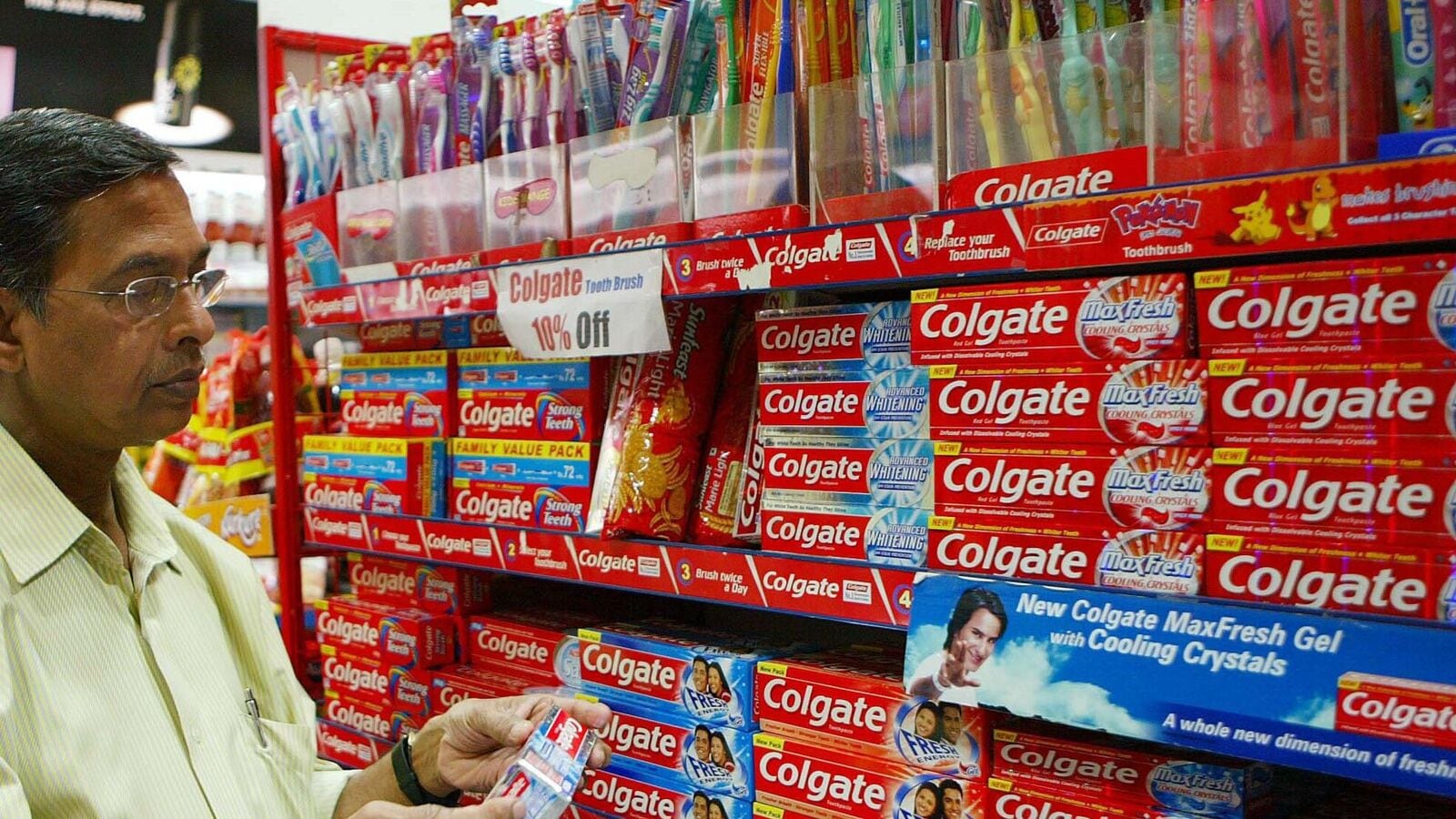Colgate Palmolive (India) Ltd has performed well in recent quarters and continues its efforts to drive growth.
During Wednesday’s analyst meeting, management highlighted, among other things, an interesting development in the context of its ‘oral health Movement’ initiative. The dental care company has launched universally accessible AI-based dental screenings. Here, a consumer has to scan QR codes available on over 800 million packs and upload three photos, after which an AI dental screening report will be released via WhatsApp.
The consumer can then opt for a free dental consultation through 50,000 dentists with PIN codes covering more than 80% of the urban population. The company also facilitates AI dental screenings at more than 500 on-ground locations. Colgate hopes this will help increase oral health awareness and ultimately drive category consumption.
There is potential for growth. For perspective, about 55% of rural households do not brush daily and only 20% of urban households brush twice a day, leaving room for growth in the toothpaste category. As such, growing the leading toothpaste category is a key strategic pillar for Colgate.
Also read: On a mission to change consumer behavior and increase premium offerings: Colgate-Palmolive’s Prabha Narasimhan
Other pillars of the growth include: premiumization supported by a science-based innovative product portfolio; growth of the leading category in toothbrushes and appliances; and building a strong personal care portfolio.
Management pointed out that the share of premium products in the oral care mix is currently lower than that of personal care categories. The company noted that Colgate Total is growing 3x against the toothpaste category. To improve accessibility, Colgate Total’s entry price has been reduced. Distribution has grown from 30,000 to 300,000 stores.
To be fair, the slowdown in urban demand is a short-term concern, even if rural areas are improving. In the September quarter, volume growth in the urban toothpaste category was significantly slower than in rural areas. Still, Colgate’s domestic net sales growth has been double-digit over the past three quarters. During FY24 and the half year ended September (H1FY25), Colgate’s revenue growth was 1.6x and 2.4x the average growth of the FMCG sector. Here, the industry average includes the top 12 listed FMCG companies in India.
“Historically, Colgate’s volume growth has lagged behind its peers. Therefore, it is important to monitor volume performance in the coming quarters, especially given the current weakness in urban demand,” Motilal Oswal Financial Services analysts said in a November 27 report.
Moreover, Colgate’s margins are expected to decline in the future. Gross and Ebitda margins were 69.7% and 33.5% respectively in FY24. Ebitda is earnings before interest, taxes, depreciation and amortization.
Amid this, the stock’s expensive valuation is another sore point, even as shares are down nearly 25% from their 52-week high. ₹3,890 each seen on September 30.
Nomura Global Markets Research has marginally lowered its forecast earnings per share (EPS) for FY25-27 to take into account the lower operating profit margin. It values Colgate at a price-to-earnings ratio of 49 times estimated earnings for the twelve months ending September 2026 to arrive at a target price of ₹3,000 at a compound annual growth rate of 9% over FY25-27.
Colgate stock is now trading around ₹2,900 each. Nomura maintained its ‘reduce’ rating on the stock, citing unfavorable risk-reward ratios.
Also read: FMCG stocks have disappointed. Can the big four bring about a turnaround?










